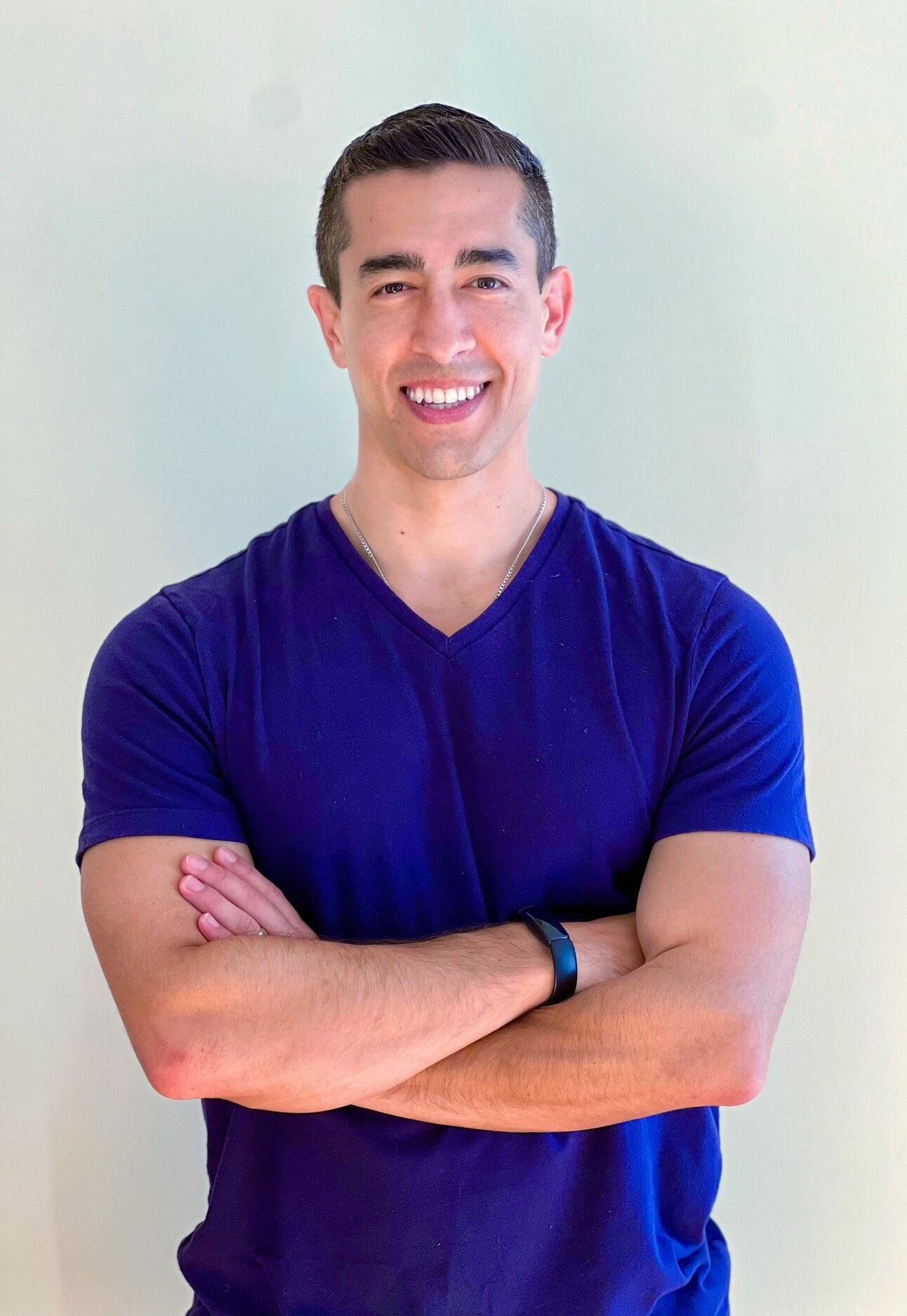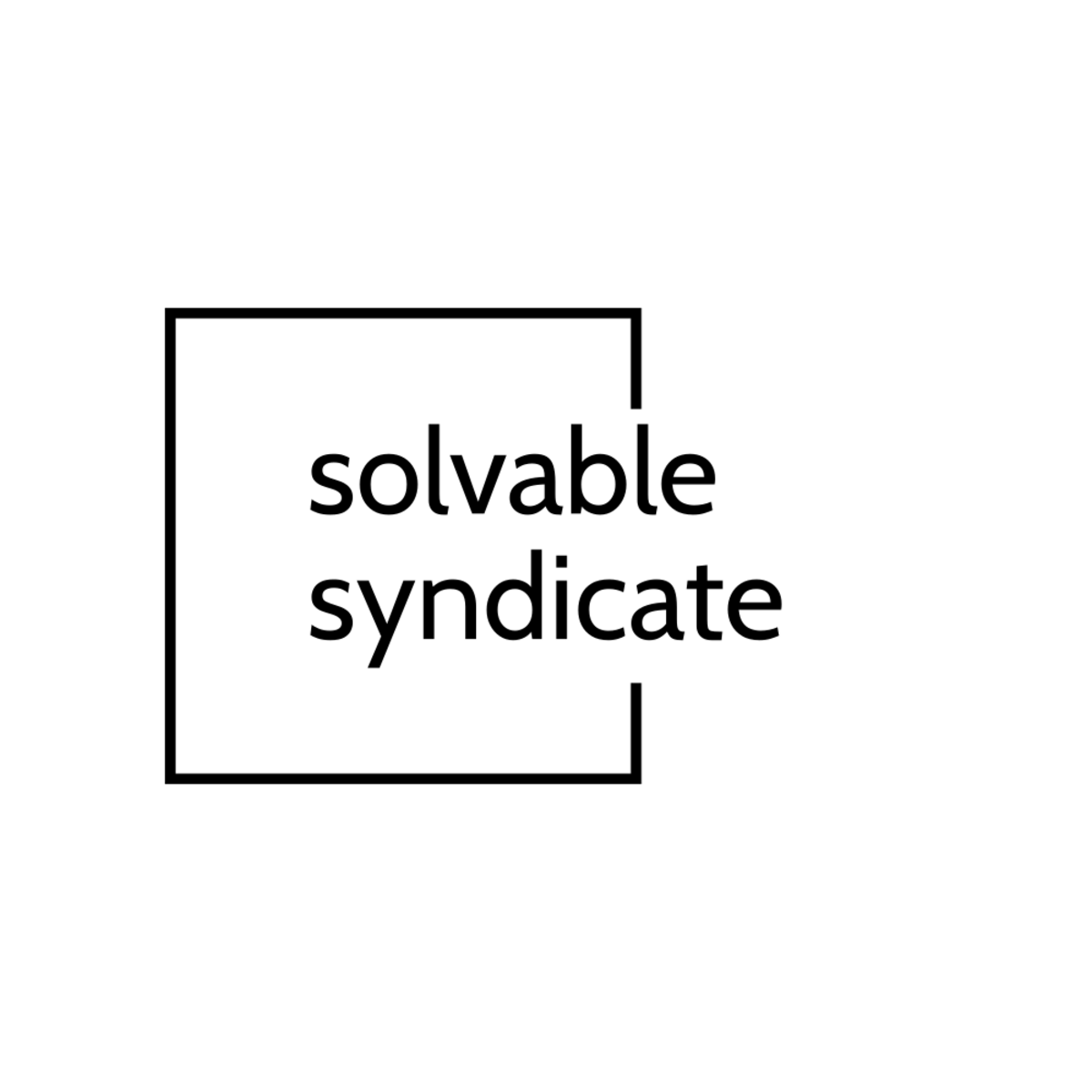Steve Molino is Partner - Head of Investments at Clear Current Capital.
FACT BOX
Fund size: $25M across two funds
Reserved for follow-ons: 50%
Started deploying: 2021
Will be fully deployed: 2026
Investment stage: Pre-seed through Series A
Leads or ‘just’ joins rounds: Can be either - whatever makes the most sense for the round
Typical check size: $250-500k
Focus: Sustainable food and agriculture (no animal ag)

Steve Molino, Partner - Head of Investments, Clear Current Capital
FUNDRAISING DYNAMICS
What’s the best way for founders to get on your radar?
LinkedIn is usually the best, but founders can also reach out via the CCC website.
What’s the most common mistake founders make when pitching to you?
Making it a "pitch" versus a conversation. I can appreciate the effort that goes into a rehearsed presentation, but for an intro call, I'm looking to dive into the founder, their background, what led them to where they are today, and then what problem they're solving. We're unlikely to be able to dive into the IP, tech, and specifics in great detail in a 30 minute meeting, so trying to hit on every point quickly isn't ideal.
What advice would you give to (FoodTech/AgTech) founders before their first meeting with a VC?
Never underestimate the power of storytelling. No matter how well-versed a VC is on the problem area or business you're trying to build, they still don't know your story as a founder, the vision for what you're building, and why you expect to win in the marketplace. Go into each meeting with the goal of painting a vision for what this could become and why now is the time to build this solution.
Do you have any key metrics (e.g. revenue numbers) you expect startups to hit at the stage you invest?
No - investing at the earliest stages of a company's lifecycle means they're unlikely to have hit specific metrics, and metrics that might make sense for one company (e.g., synbio precision fermentation company) may be entirely different than another (e.g., food waste marketplace). The only thing that undoubtedly has to happen is that I become a believer that the problem being solved is legitimate and the solution being offered is something that fixes that problem and one that customers are willing to pay for. Sounds obvious, but it's often overlooked.
What are some red flags that prevent you from investing?
I once saw 4 co-CEOs - that was a red flag. Jokes aside (although that is a true story), while there can be countless red flags, the one that immediately makes me pass is if the founders are not working on their business full-time, as this creates an immediate fallback option if, and when, things get difficult (which is essentially an inevitability). Nothing wrong with taking a slower approach to business building and even bootstrapping (if possible), but for me to get conviction on a team and put OUR investors’ dollars behind it, I need to feel confident that the founders are all-in.
PORTFOLIO COMPANY DYNAMICS
What’s your philosophy around being hands-on or hands-off with your portfolio companies?
We offer both the traditional VC support (growth strategy support, help with fundraising, etc.) as well as additional support that's led by Kim Flores, CCC's Head of Platform, which is is focused on areas like organizational culture, digital branding, and sales strategy. That said, we look to back founders where we are confident in their ability to build their businesses, and we see our value-add as being supplemental to their growth. Therefore, we get involved as much, or as little, as our founders would like.
How do you like founders to handle things when everything is going wrong?
Our key ask is for transparency and communication, so that we can help them work through things as early as possible. We've found that when we're made aware of issues early on, we can better help our founders navigate possible solutions; however, this isn't possible when we don't know about what's going wrong or we're informed too late.
What’s the strangest situation you’ve advised on, in relation to a founder?
It was actually not for a portfolio company, but for a founder (CEO) I had been giving some advice to over the years. Essentially, their co-founder fell in love with them (despite having a family), so the CEO rightfully had their co-founder leave the company, but there’s then this major question mark (and potential red flag) for investors around the story of the company’s genesis. My advice was around how to tell that story in a way that is (1) truthful, (2) not damaging, and (3) jumps right to how they have already addressed the gap in skillset that occurred from the co-founder leaving. This CEO handled it very well and they’ve continued to make great progress with the company, but that was definitely a curveball situation that is hard, if not impossible, to predict during diligence (i.e., I don’t know any investors that have a question around “Do you have any intentions to fall in love with your co-founder and completely ruin your family life?”).
CURRENT INTEREST
Are there any startups you’re looking for right now? Ones that are working on a solution to a specific problem?
Always interested in talking to companies that fit within our "CLEAR" framework, but one problem that seems like the hardest to solve is food waste at the consumer level. We've seen (and invested in) various approaches to food waste reduction across the supply chain, but once it gets to the consumer level, reducing food waste is incredibly difficult. Anyone doing something exciting there, reach out!
What’s a topic (investment-related or not) that once brought up gets you super excited?
Anything related to health, wellness, fitness, biohacking, etc.
FINAL QUESTIONS
What’s the biggest misunderstanding founders have about you or your role as an investor?
The idea that if I pass on a company that means it can't be a good business. VC is one part of the capital markets, and our return and timeline requirements are very specific. If we think a company doesn't fit within those return and timeline requirements, then that simply means we don't think the company fits within those return and timeline requirements. It doesn't mean that the company cannot be a well-run, successful business. It just might not be VC-backable.
Us passing also very well could mean that the business IS VC-backable, and we're wrong. Never forget that the model of VC means that we're wrong more than we're right!
What’s the most fun part of your job that founders might not realize?
Not sure if founders realize this or not, but I love that on any given day I can be digging into various different topics, problems, and solutions in the food system. One minute I could be learning about continuous perfusion fermentation and the next I could be learning about nutrient measurement in crops. We need founders to be deep experts in their specific solution, because that's what it takes to build a lasting company, but for me, I love that I can become well-informed on many different solutions all at once. It makes every day exciting.
What’s one company (in any industry) you never had a chance to invest in, but wish you had?
I would have loved to be an early investor in Fitbit. Obviously that’s not where Clear Current Capital invests, so this is never something that we’d consider, but my deepest personal passion is in fitness, and I’ve now had a fitbit for over a decade. At the time, there were only a handful of biometric measurement devices and activity trackers, and this one felt like the first that was accessible to a broader audience beyond high performing fitness enthusiasts. There are now countless competitors with different offerings (Oura Ring, Whoop, Apple Watch, Garmin, etc.), and it’s likely to continue losing market share moving forward, but it would have been awesome to be an early backer of a product I’ve had for such a long time. Also from an investment standpoint, they raised less than $70M from VC and IPO’d for $4.1B, so it’s undoubtedly a VC success story.

